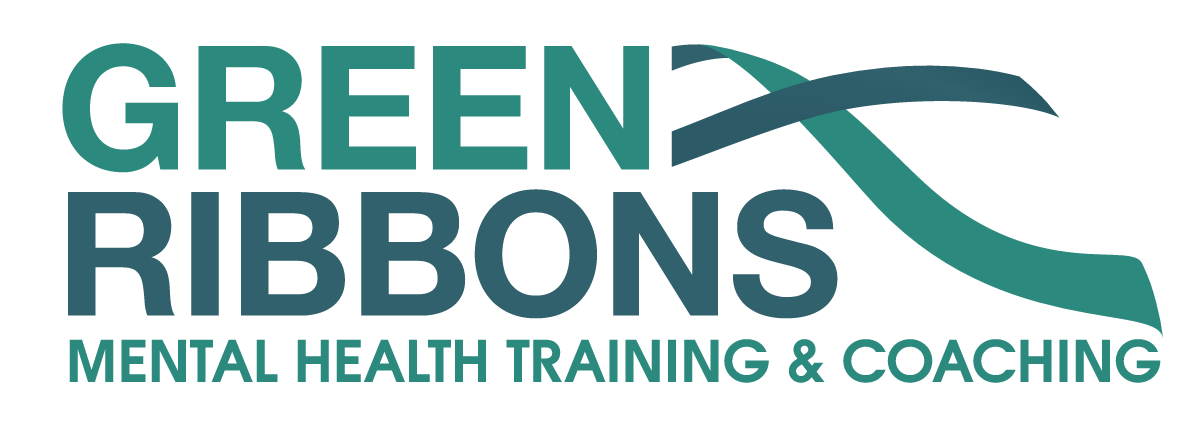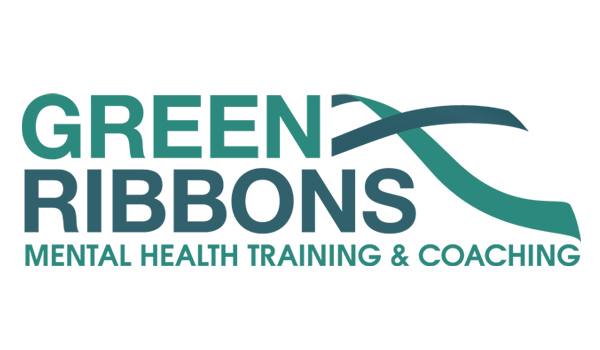Scotland’s Mental Health First Aid for Gamekeepers

Gamekeepers in Scotland face unique mental health stressors and challenges which, due to their work environment and responsibilities, can contribute to higher levels of stress and mental health issues. Key stressors include isolation, long working hours, physical demands, unpredictable work schedules, public scrutiny, animal welfare concerns, financial pressures, harsh weather conditions, bureaucracy, conflict resolution, and mental health stigma. It’s essential for those in the Gamekeeping profession to prioritise self-care, seek support from colleagues and loved ones, and reach out to professional resources if they experience signs of excessive stress or mental health issues
- According to a study by the Scottish Government’s Rural Affairs, Climate Change and Environment Committee, gamekeepers in Scotland are at increased risk of mental health challenges such as anxiety, depression, and suicide
- A survey conducted by the Scottish Gamekeepers Association in 2017 found that 90% of gamekeepers reported experiencing some form of mental health challenge. The same survey also found that 66% of gamekeepers felt that their job had a negative impact on their mental health.
- The Gamekeepers’ Welfare Trust found that 92% of gamekeepers reported experiencing stress, and 39% had experienced depression
What’s on this page?
- Factors Affecting Gamekeepers Mental Health
- Mental Health Awareness: Why should Gamekeepers undertake Mental Health Training?
- SMHFA: Tailored for Gamekeepers
- What does Scotland’s Mental Health First Aid Cover?
- How does Scotland’s Mental Health First Aid Work?
- Get in Touch to Find out More
- Contact Form
In a Nutshell...
What are the factors affecting Gamekeepers Mental Health?
Sound Familiar? There's something you can do for yourself, your colleagues and your friends...
Mental Health Awareness: Why should Gamekeepers undertake Mental Health Training?
A mental health awareness course can help Gamekeepers better understand the warning signs of mental health issues, reduce the stigma surrounding mental health, and learn coping mechanisms to manage stress and maintain good mental health.
Here are just six reasons Gamekeepers should undertake Mental Health Awareness Training:
Good news! There's an easily accessible solution to enhance your mental health skills...
Scotland’s Mental Health First Aid (SMHFA) – Tailored for Gamekeepers
Scotland’s Mental Health First Aid (SMHFA) is a training program developed in Scotland to equip individuals with the skills and knowledge to provide initial support to someone experiencing mental health problems or who is in a mental health crisis. The goal of SMHFA is to promote early intervention, reduce stigma, and increase awareness of mental health issues in the community.
The training covers various mental health conditions, such as depression, anxiety, psychosis, and substance misuse, and teaches participants how to recognize the signs and symptoms of these conditions. It also provides guidance on how to approach and engage with someone who may be experiencing a mental health problem or crisis.
Green Ribbons has developed a tailored SMHFA course for Gamekeepers, addressing some of the unique issues in the sector, based on personal experience as an active member of a local shoot in the North of Scotland.
What does Scotland’s Mental Health First Aid Training Cover?
How does Scotland's Mental Health First Aid training work?
Duration
The course takes 12 Hours, typically spanning 2 full days or 4 half-day sessions, providing a comprehensive learning experience.
Certified Instructors
Courses are led by experienced, certified instructors who are continuously quality assessed by Health Scotland.
Interactive Learning
The course features a mix of presentations, group discussions, case studies, videos, and role-playing exercises to ensure a practical, hands-on learning experience.
Small Group Sizes
Classes, of 8-16, are kept small to facilitate personalised attention, encourage active participation, and foster a supportive learning environment.
ALGEE Framework
The course teaches the ALGEE action plan, which stands for Assess, Listen, Give reassurance and information, Encourage appropriate professional help, and Encourage self-help strategies.
Confidentiality
Instructors maintain a safe and confidential space for participants to share their experiences and ask questions without judgment.
Course Materials
Participants receive a comprehensive course manual and additional resources to support their learning and ongoing development.
Certification
Upon successful completion of the course, participants receive a certificate that validates their skills and knowledge as Mental Health First Aiders.
Ready to find out more? Contact Us Today
07726 780800
Call
Call us for an Informal chat about Scotland’s Mental Health First Aid and Mental Health Awareness Training
- We can discuss how SMHFA can benefit your organisation and explore options
info@greenribbons.co.uk
@GreenRibbonsHQ
Socials
- Facebook: @GreenRibbonsHQ
- Twitter: @GreenRibbonsHQ
- Instagram: @GreenRibbonsHQ







